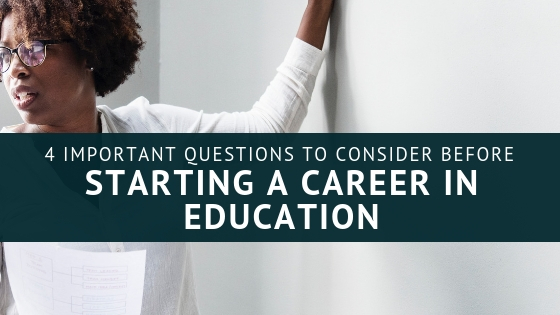
As educators, we know that a major part of school involves the extracurriculars that students are involved with either during the day or after school hours. Whether students are interested in sports, theater, music, or some other hobby or organization, it’s important for them to get involved in these groups. Even if the school does not offer many extracurricular activities, most communities have groups that offer options to students after normal school hours. Educators should encourage students to get involved in extracurriculars because there are endless benefits for children for doing so.
Keeps them out of trouble
For many students, there can be negative influences on them when left alone after school. Whether falling in with the wrong crowd or being home alone, having something positive to do after school with other people benefits students and keeps them focused on school and hobbies. For any student, getting involved in something productive with responsible adults who watch over them, provides endless benefits and helps them work toward goals.
Helps out parents
Most parents have to work and are unable to be home when their kids get back from school. For many people, this fact means they must find childcare, which often results in paying hundreds of dollars a month. When students are able to get involved in extracurriculars, such as sports, clubs, or a community center, it cuts back on childcare costs for parents and takes a lot of stress off of them knowing that their kids are busy doing something productive.
Teaches helpful skills
No matter what hobbies students enjoy or want to get involved in, they’ll take away many positive benefits. Staying active or learning new skills can benefit students for the rest of their lives and help them find something they’re incredibly passionate about. Even if a student isn’t interested in academics, extracurriculars can be a way for them to get excited about school.
Connects students
For students involved in extracurriculars, it’s a great way to meet other students they may not have had the opportunity to connect with during their regular school day. Getting students involved in topics and activities that they enjoy and introducing them to other students that also like those topics can lead to strong, lasting friendships. Extracurriculars can be places for students who feel they don’t fit in at other places to find people that share interests with them. Encouraging students to get involved in extracurriculars can completely change the way they view education and help them make lasting friendships.



